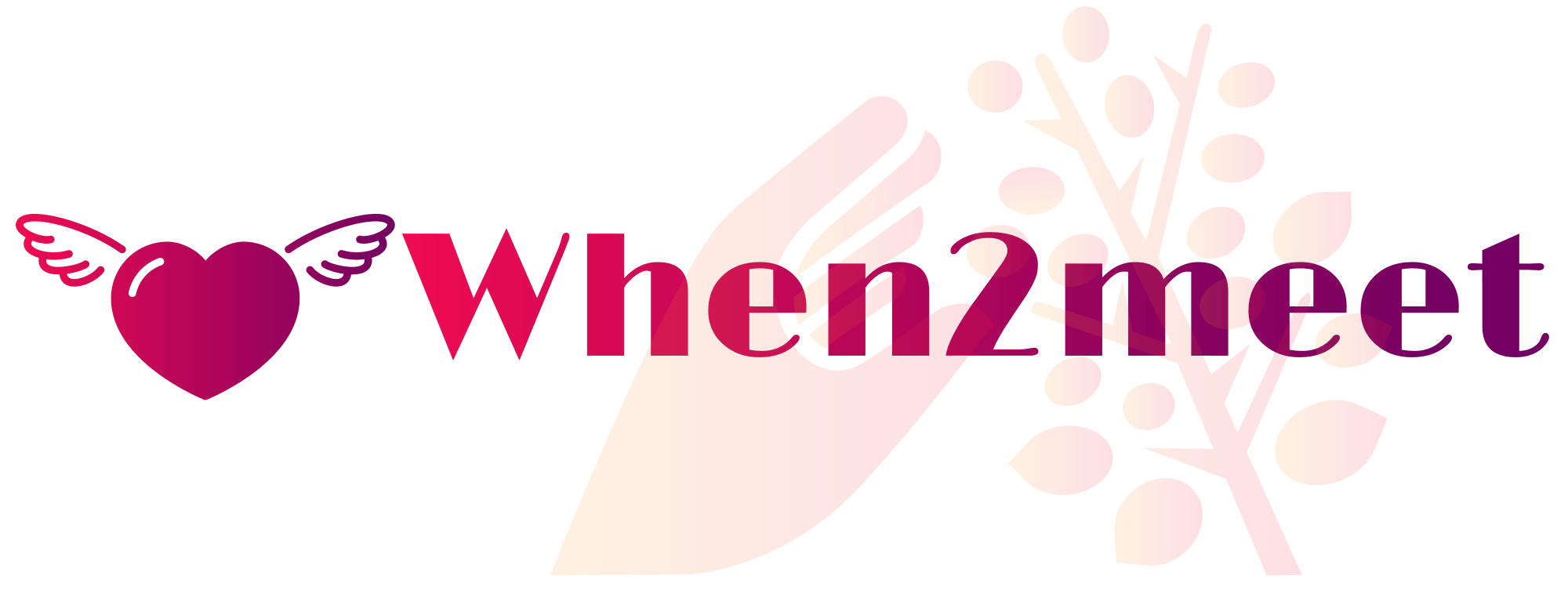In what is my utc time zone interconnected world, knowing your exact time zone relative to Coordinated Universal Time (UTC) is more important than ever. As businesses, governments, and individuals collaborate across continents, understanding what your UTC time zone is can improve communication, scheduling, and even the way technology operates in your daily life. This article explores the concept of UTC time zones, how to find your UTC offset, and why it holds significant importance in 2025 and beyond.
What Is UTC and How Does It Work?
Coordinated Universal Time, or UTC, is the global time standard from which all other time zones are derived. Unlike local time zones that change based on geographic location, daylight savings, or political decisions, UTC remains constant all year round. It provides a single, universal frame of reference that allows people across the world to coordinate time precisely.
UTC was established to replace Greenwich Mean Time (GMT), which was based on the position of the sun over Greenwich, London. While GMT is still commonly used in casual contexts, UTC is the preferred standard in scientific, military, aviation, and technological fields. The precision of UTC comes from atomic clocks and is periodically adjusted with leap seconds to stay aligned with the Earth’s rotation.
How to Determine What Your UTC Time Zone Is
To find out your what is my utc time zone, you first need to know your geographical location or your local time zone name. Many devices, such as smartphones and computers, automatically set your time zone based on your location. However, for various reasons travel, remote work, or software development you might need to identify your UTC offset manually.
One simple way to find your UTC offset is by checking the settings on your device or using online tools and websites dedicated to time zone conversions. These platforms typically detect your IP address and display your current local time alongside the corresponding UTC time. You can then see the numerical difference between the two.
Another method involves calculating the difference yourself. Start with the local time on your clock, then compare it to the current UTC time, which can be found on many reputable websites such as time.gov or worldclock.com. The difference, expressed in hours and minutes, is your UTC offset.
Why Knowing Your UTC Time Zone Is Crucial in 2025
In the era of globalization and rapid digital communication, understanding your UTC time zone has never been more essential. The year 2025 is projected to see even greater reliance on real-time collaboration tools, virtual meetings, and worldwide streaming services. Precise time coordination reduces confusion, missed appointments, and operational errors.
For businesses operating across borders, UTC serves as a neutral reference to synchronize schedules without ambiguity. Companies with teams in different continents use UTC-based calendars to avoid misunderstandings caused by local what is my utc time zone differences or daylight savings changes. When scheduling international meetings, project deadlines, or customer support shifts, referencing UTC minimizes mistakes and ensures everyone is aligned.
How Global Events and Technologies Depend on UTC
Global events such as international sports tournaments, virtual conferences, and product launches often rely on UTC to announce start times that audiences worldwide can convert to their local time. This universal standard avoids confusion in broadcasts and helps millions tune in simultaneously.
In the technology sector, cloud computing platforms use UTC to manage distributed data centers, ensuring that operations occurring across different time zones can be properly ordered and audited. Similarly, blockchain networks and cryptocurrencies timestamp transactions in UTC to maintain transparency and security.
Challenges in Understanding and Using UTC Time Zones
Despite its importance, many people still find it challenging to understand and use what is my utc time zone correctly. The complexity arises from the existence of numerous local time zones, irregular DST observance, and political changes that alter time zone boundaries.
For example, some countries occasionally adjust their time zone policies, moving their official time by an hour or more for economic or political reasons. This can cause confusion for those relying on outdated information. Additionally, certain regions use fractional hour offsets such as UTC+5:30 in India or UTC+8:45 in parts of Australia, complicating simple hour-based calculations.
Another challenge is that everyday conversation rarely refers to UTC explicitly, so people often default to local time without considering its relation to UTC. This can lead to mistakes when coordinating international activities or interpreting timestamps on digital platforms.
The Future of UTC and Time Zones Beyond 2025
Looking beyond 2025, the relevance of UTC is expected to grow even further. As the world becomes more digitally connected and real-time communication becomes the norm, a universal time standard is indispensable.
There is ongoing debate about whether daylight savings time should be abolished in favor of permanent standard time, which would simplify what is my utc time zone management. If such changes occur globally, it would reduce the need to adjust UTC offsets seasonally, making scheduling easier.
Technological advances may also lead to improved time synchronization methods. For example, quantum clocks and enhanced GPS systems could provide even more precise timing, benefiting sectors like finance, healthcare, and autonomous vehicles.
Conclusion
Understanding “What is my UTC time zone?” is not just a technical curiosity; it is a crucial skill in 2025’s fast-paced, globalized society. UTC provides a stable, universal reference that helps individuals and organizations coordinate across time zones with clarity and precision. Whether for international business, remote work, technology synchronization, or global events, knowing your UTC offset improves efficiency and reduces confusion. As daylight savings policies evolve and technology advances, UTC remains the foundation upon which the world builds its timekeeping. By embracing this knowledge, we can better manage our schedules, communicate effectively, and engage with the world in real time. In 2025 and beyond, your understanding of what is my utc time zone will empower you to navigate the complexities of global time with confidence and accuracy.



